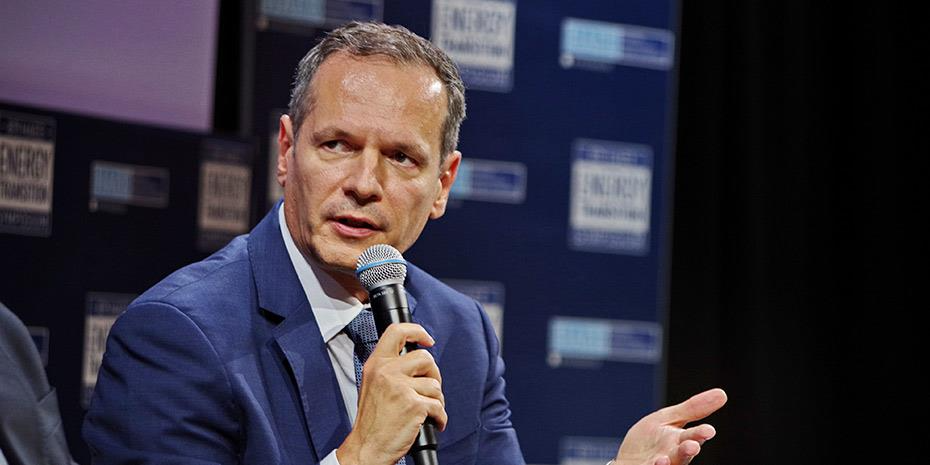
While December will see the release of the findings of Grant Thornton's preliminary feasibility study for the Greece-Germany electricity interconnection, November is a crucial month for the progress of the IPTO-run Greece-Cyprus electricity interconnection project as it awaits Cyprus' decisions on whether or not to participate in the project.
GREECE-CYPRUS interconnection
In particular, a decision by the Greek side on whether or not to participate in the share capital of the subsidiary of ADMIE, which will run the Greece-Cyprus interconnection, is expected in November. The decision will be made after the examination of two studies (one by an American firm and the other by ETEP), as Cypriot Energy Minister George Papanastasiou noted at the Finance Committee meeting to discuss the ministry's budget for 2025.
DEVELOPMENTS IN THE CABLE
This follows the Cypriot minister's meeting with Nexans, where it was noted that the laying of the cable, which is being built at the company's two plants in Norway and Japan, will start in 2026 and its completion is expected in 2029. Speaking to the media after the meeting, the Minister noted that two vessels, one in Greece and the other in Cyprus, are proceeding with the necessary surveys, while in the coming days they are expected to continue their surveys in international waters. COST According to Nexans representatives, if there are no changes in the schedule and if it continues at the same pace without being interrupted in any way, it is not expected to have any change in cost.
GERMANY
In December, the final results of Grant Thornton's preliminary feasibility study on the electrical interconnection from Greece to Germany are expected. The project is viable under specific conditions and assumptions, as Vice President of Grant Thornton Nikolaos Fridas stated during his speech at the 28th Annual National Energy + Development Conference of IENE. It is recalled that the cable route plan includes an undersea crossing from Greece to Slovenia via the Adriatic Sea and from there by overland route to Austria and southern Germany. According to estimates, the project will have:
- at least 3 GW of cable transport capacity
- a budget of at least €8 billion,
The study focuses on 4 criteria:
- the reduction of operating costs and the variation of energy prices with and without the interconnection
- the percentage of CO2 savings from the implementation of the interconnection
- the percentage of reduction of curtailment
- the reduction of redistribution costs, in particular in Germany.






